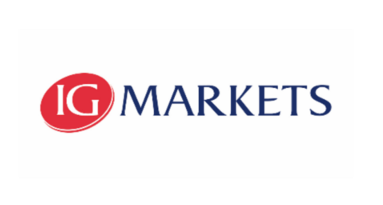Our tax guide to derivatives trading
Trading derivatives such as Contracts-For-Difference (CFD) is a very popular way of increasing your financial exposure without tying up large amounts of your capital.
Other popular instruments for increasing financial leverage include options, futures, binary options and other similar financial products.
The reality about derivatives trading
As a derivatives trader, you may not realise that the product you are trading is actually quite complex.
These products are commonly seen on forex broker platforms that allow users to trade with leverage. If you are new to trading derivatives, it’s a good idea to first familiarise yourself with how the tax rules apply to them, as you may be surprised how different it is from other more common investments such as shares and property.
The tax differences of CFDs
In most cases, CFDs are treated on revenue account rather than capital.
This means your trading profits will be taxed as ordinary income and are not subject to capital gains tax (CGT). Any losses you incur are generally deductible and, in some cases, can be used to offset against your other sources of income such as employment wages.
Let’s make the complicated, less complicated
We understand that taxation can be complex, especially when trading derivatives.
That’s why, at Kova Tax, we work with forward-thinking derivatives traders who want a better understanding of the tax treatment of their CFD trading and are looking to maximise their tax deduction opportunities.
Get in contact to see how we can support your trading activity.
CFD Platforms
In the retail marketplace, we see CFD products being offered on many popular platforms that you may already be familiar with.






We are also seeing their use across a number of digital currency platforms to provide more leverage to traders such as on BitMEX, OKX and Binance.
Self-Managed Super Funds (SMSF) and CFDs
It is also possible for an SMSF to acquire CFDs, so long as the SMSF Trust Deed allows for these kinds of investments.
The CFD investments must also be allowed under the investment strategy of the SMSF. In the investment strategy, the CFD investments must be fully considered to ensure they align with the goals and objectives of the SMSF and its members.
A derivatives risk statement may also be required for some investments. Don’t jump the gun and consult with your SMSF adviser first as their can be other compliance and audit concerns.
Our modern accounting service for modern clients
If you are regularly trading forex and CFDs, it definitely pays to plan ahead.
Our tech-driven accounting and tax firm understands all about what you need as a CFD trader and have extensive experience with the major CFD trading platforms.
Tax is complex in Australia and can be difficult to navigate without a skilled, tech-knowledgable tax accountant to help you out. Our team at Kova Tax has the experience and the skills you need to achieve the best tax outcomes with certainty.
Through our tax advisory and planning services, we can help you create the best tax strategy for your situation.
Book a tax consultation with us to understand the tax implications of your CFD trading activity or contact us for a quote to prepare your tax return.
